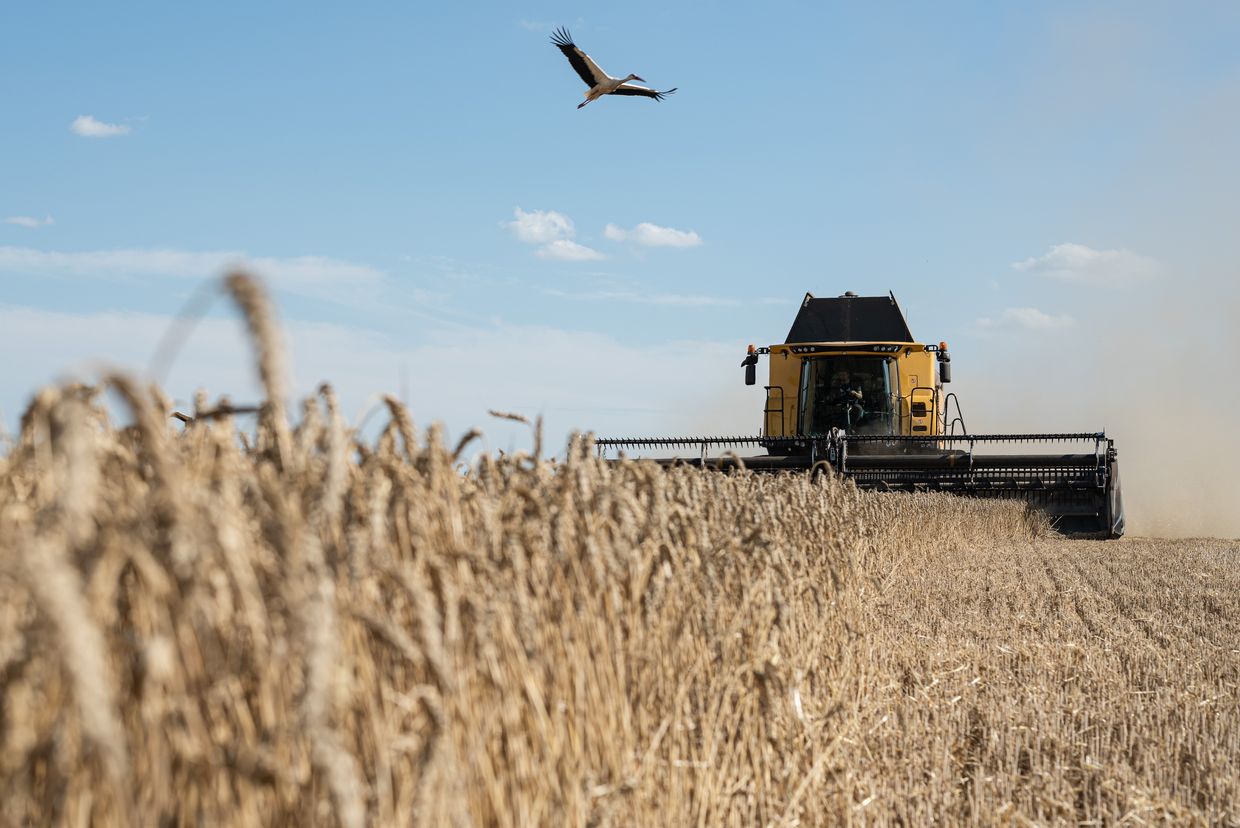European Parliament committee passes extension of tariff-free access to EU for Ukrainian food producers.

The European Parliament's International Trade Committee passed a one-year extension of the liberalization of food exports from Ukraine to the EU on March 7, rejecting demands that additional measures be implemented to appease aggrieved farmers in the EU. At the same time, an "emergency brake" was added that would impose tariffs if the export of poultry, sugar, and eggs exceeded the level of exports in 2022 and 2023, the press release from the European Parliament said. The EU introduced a free trade agreement for Ukraine to overcome export restrictions following Russia's full-scale invasion and the blockade of Ukraine's Black Sea ports.
Poland, Bulgaria, Hungary, Romania, and Slovakia became alternative export routes, agitating local farmers. As the extension was being debated, some lawmakers appealed that more food items should be added to fall under the "emergency brake" provisions, but the additions were not supported. The full parliament is set to vote on the extension next week, and a majority of lawmakers have already signaled that they are in favor of its passage.
"The extension of the EU's trade measures will ensure Ukraine can continue to export its agricultural products to the EU - a crucial lifeline for the Ukrainian economy," said Sandra Kalniete, a member of the European Parliament from Latvia. "At the same time, the proposal includes solid safeguards ensuring our farmers will not be overwhelmed by a sudden surge of imports," she added. "It is a good balance between continuing our vital support to the Ukraine and the necessary protection of our markets."
Lawmakers from the five EU countries bordering Ukraine urged Brussels in January 2024 to implement customs duties on agricultural exports from Ukraine, saying that local farmers are suffering significant losses.
Such sentiments have been central to the ongoing protests and intermittent blockade at the Polish border by farmers and truckers.